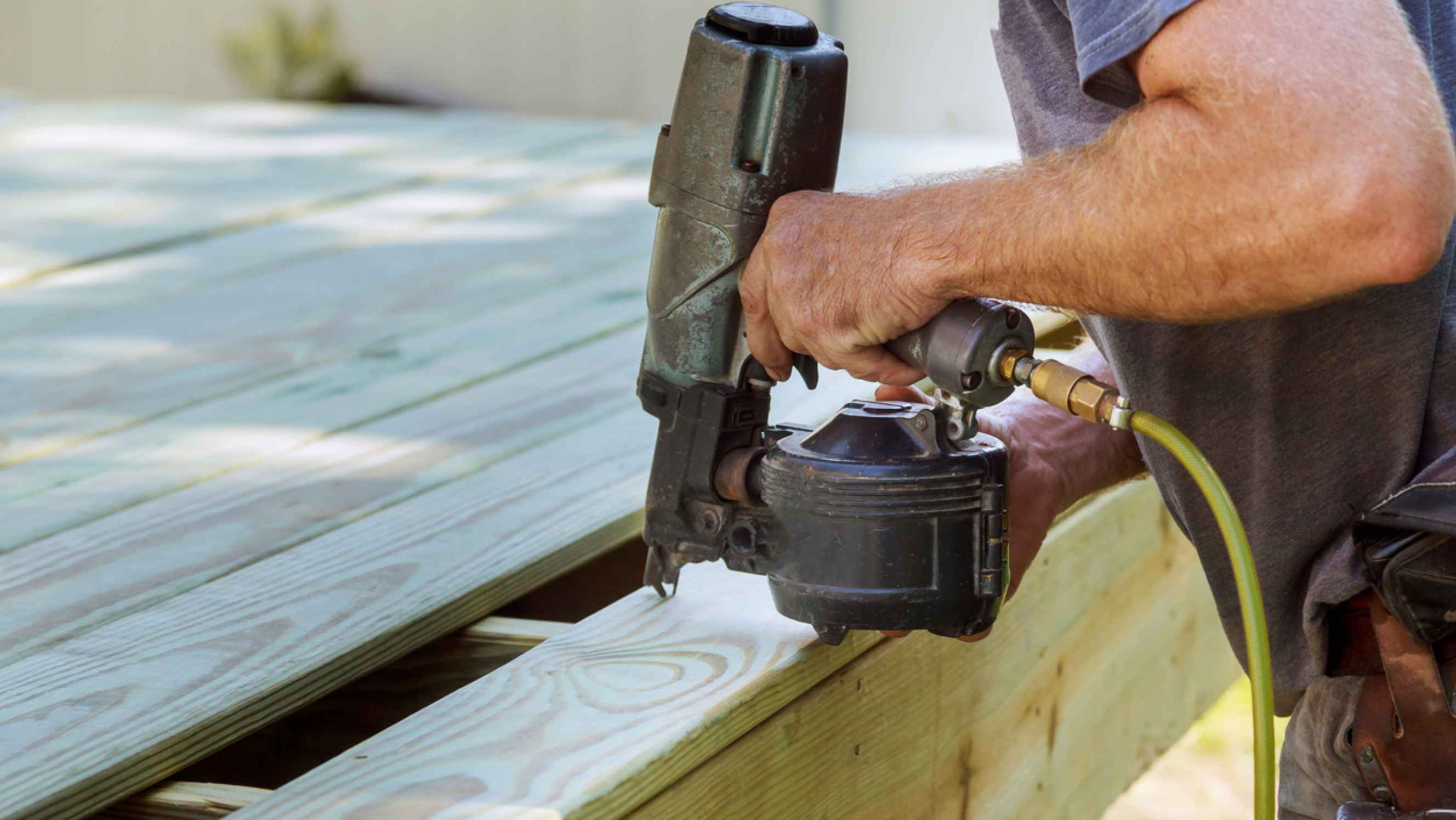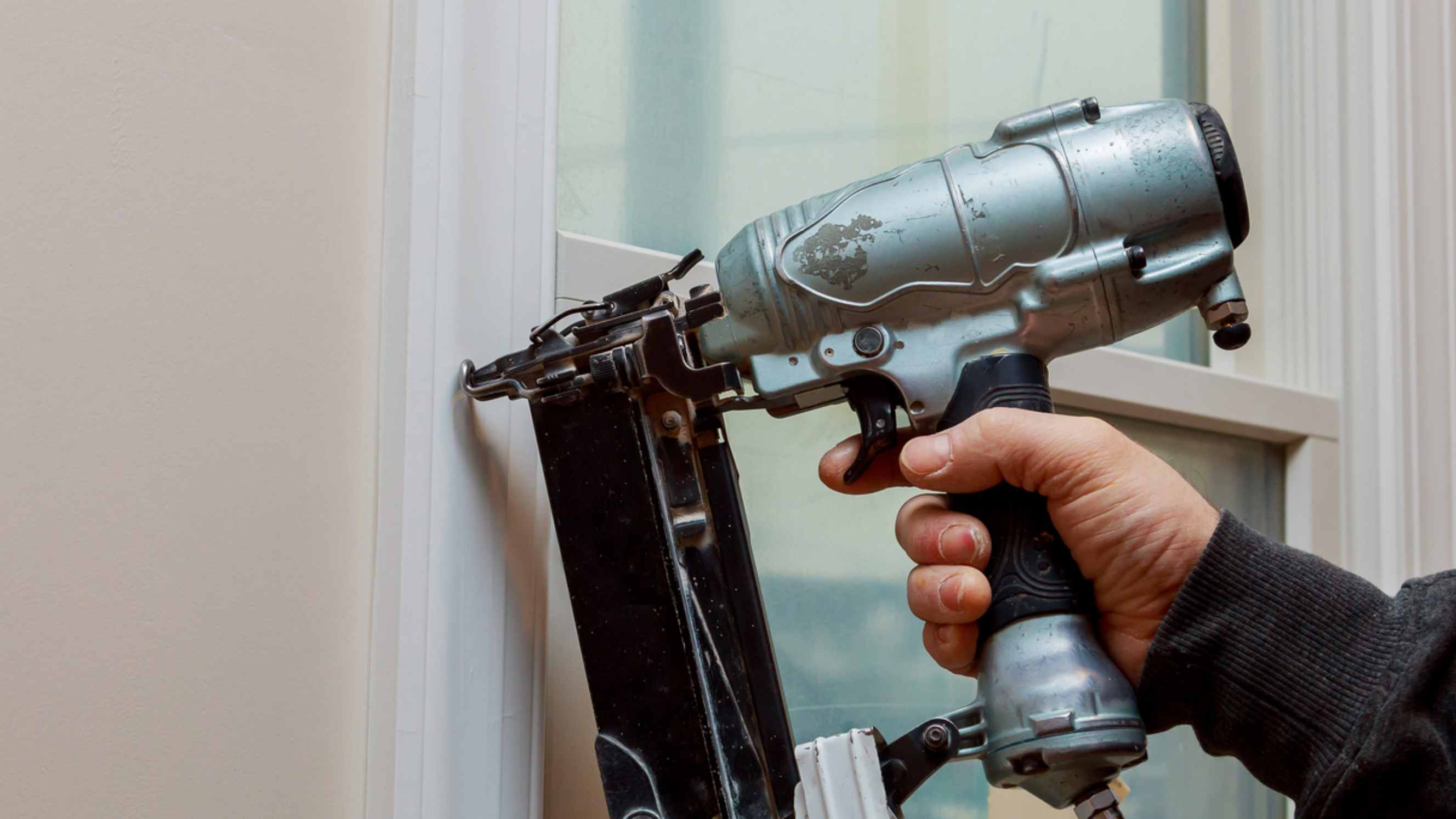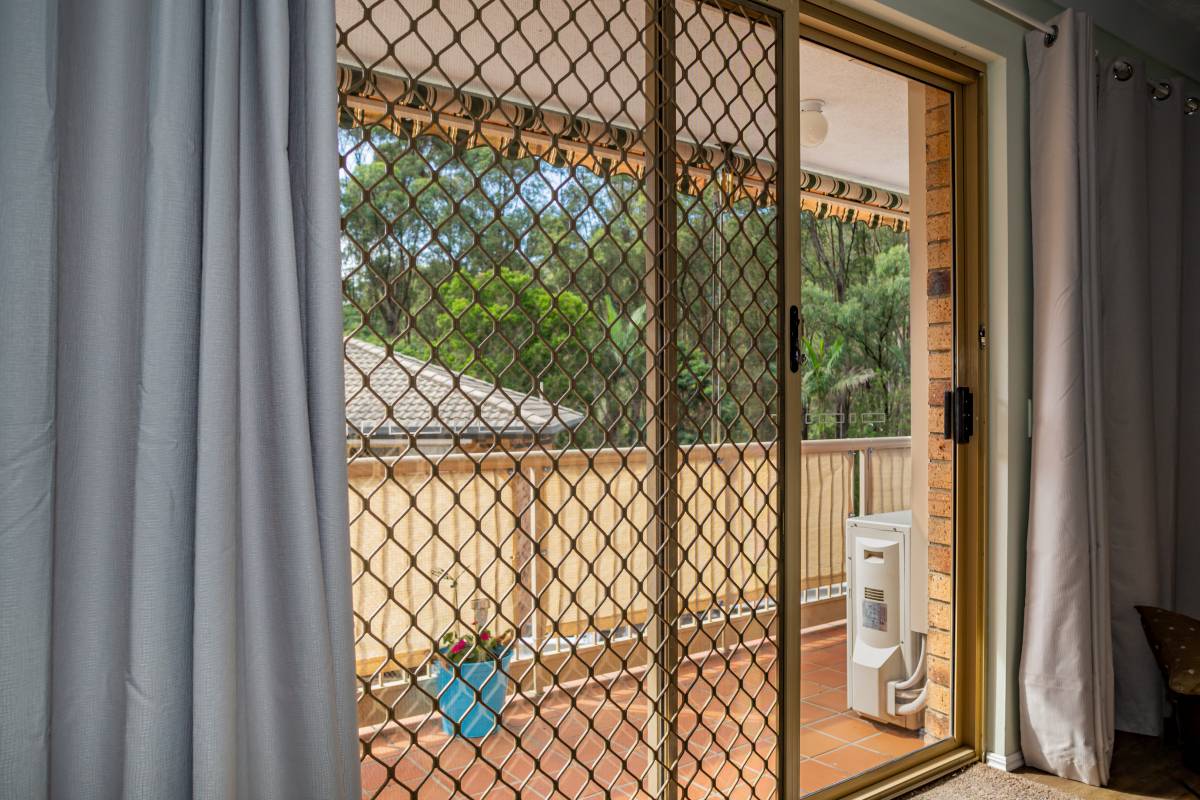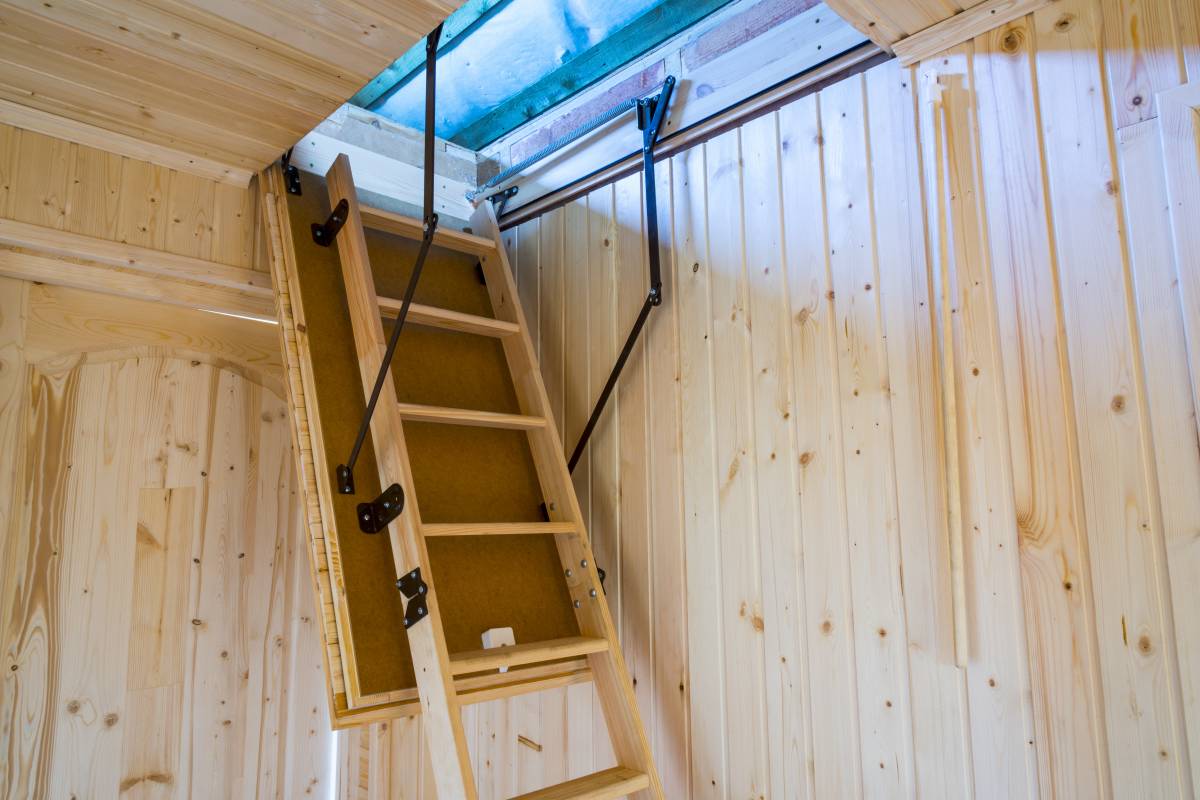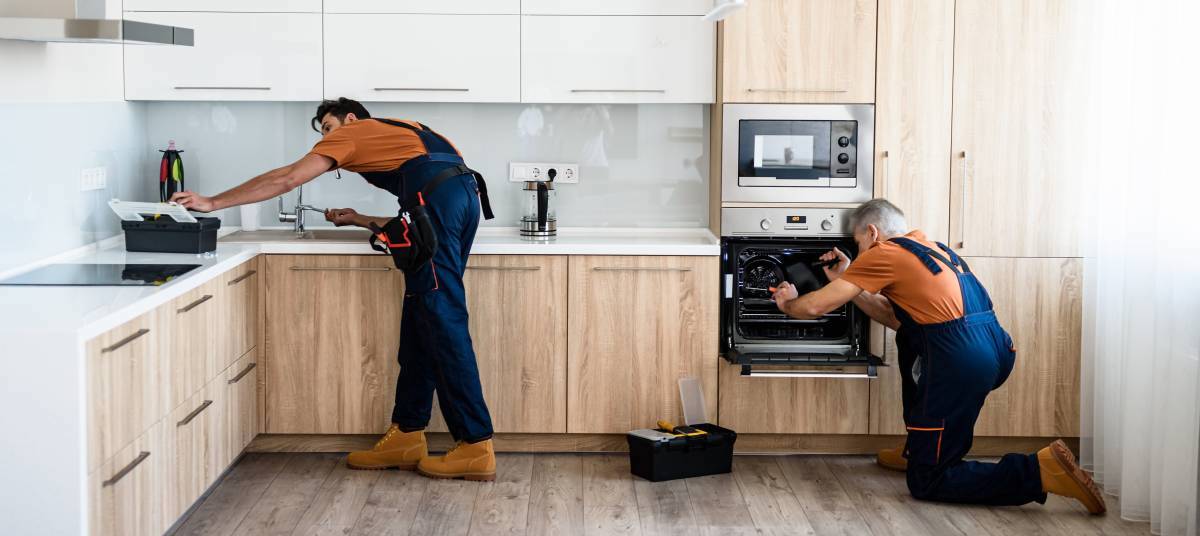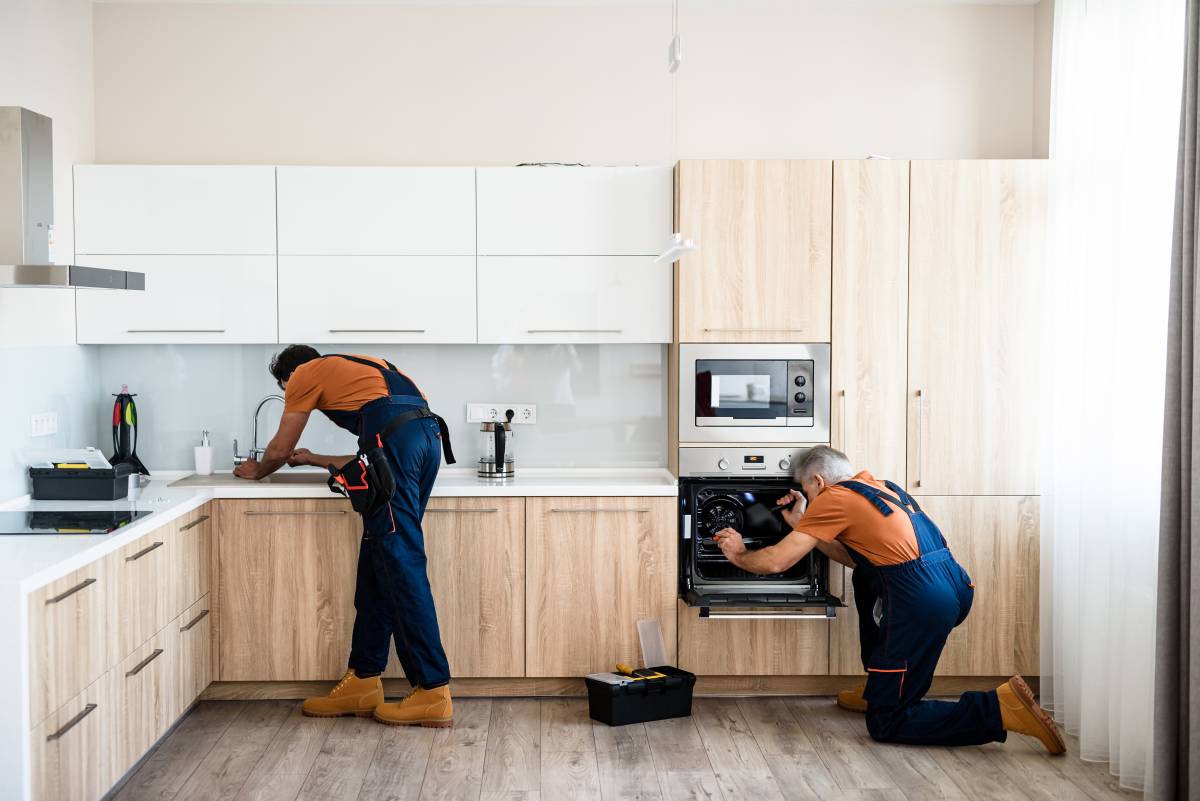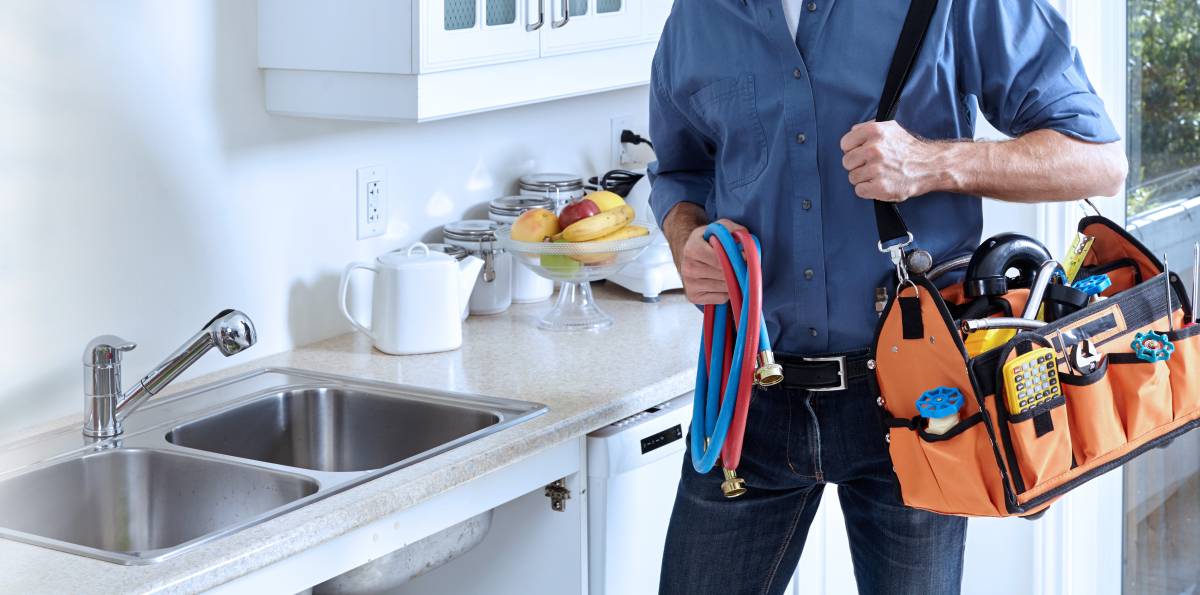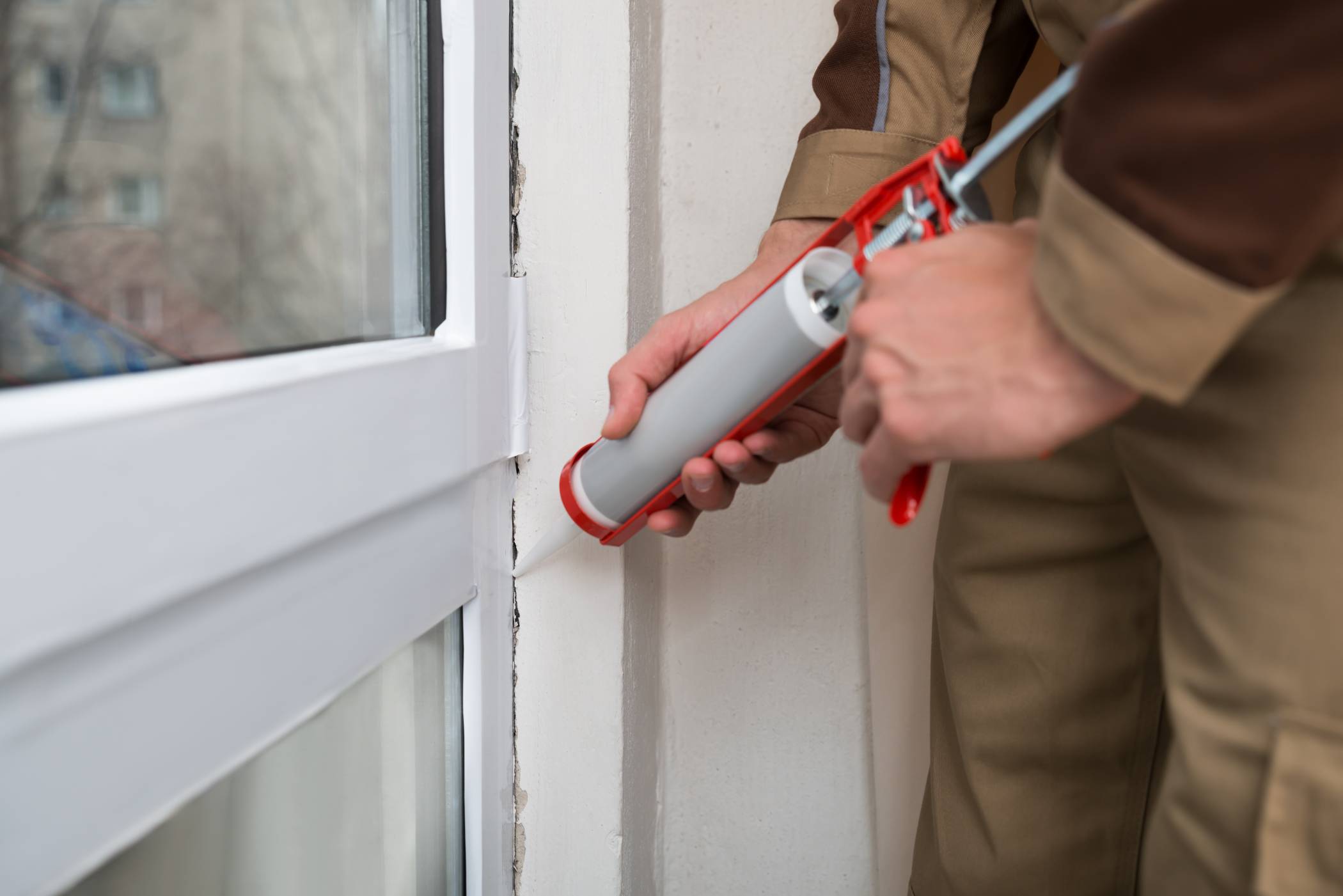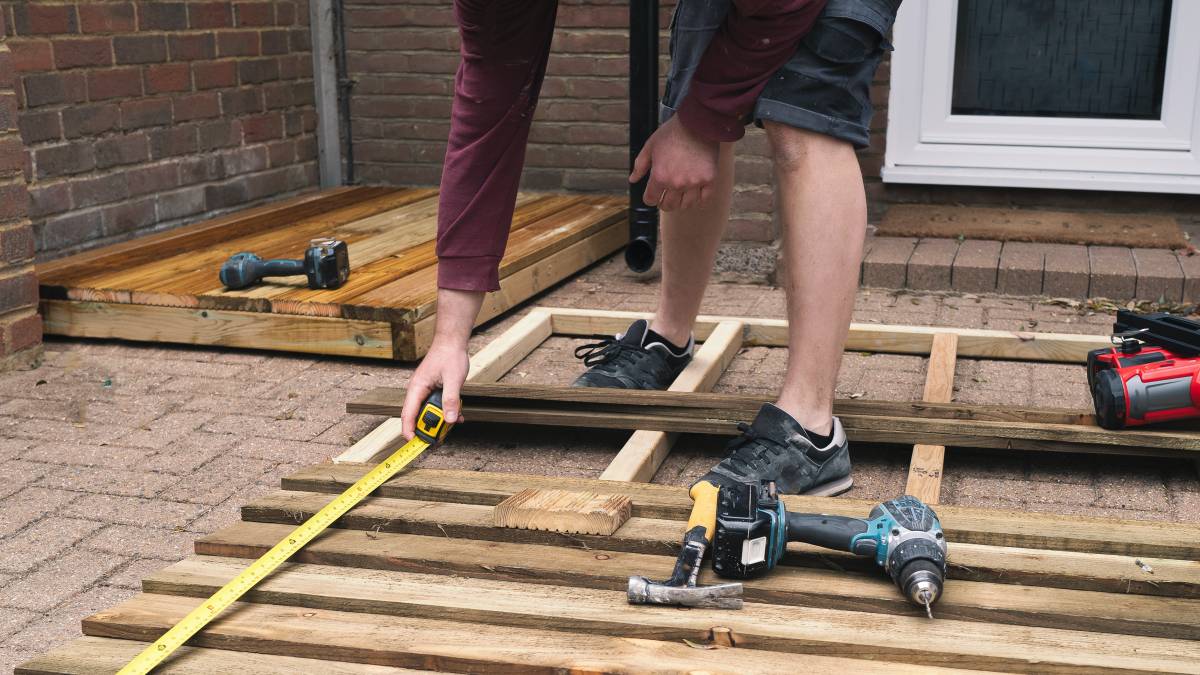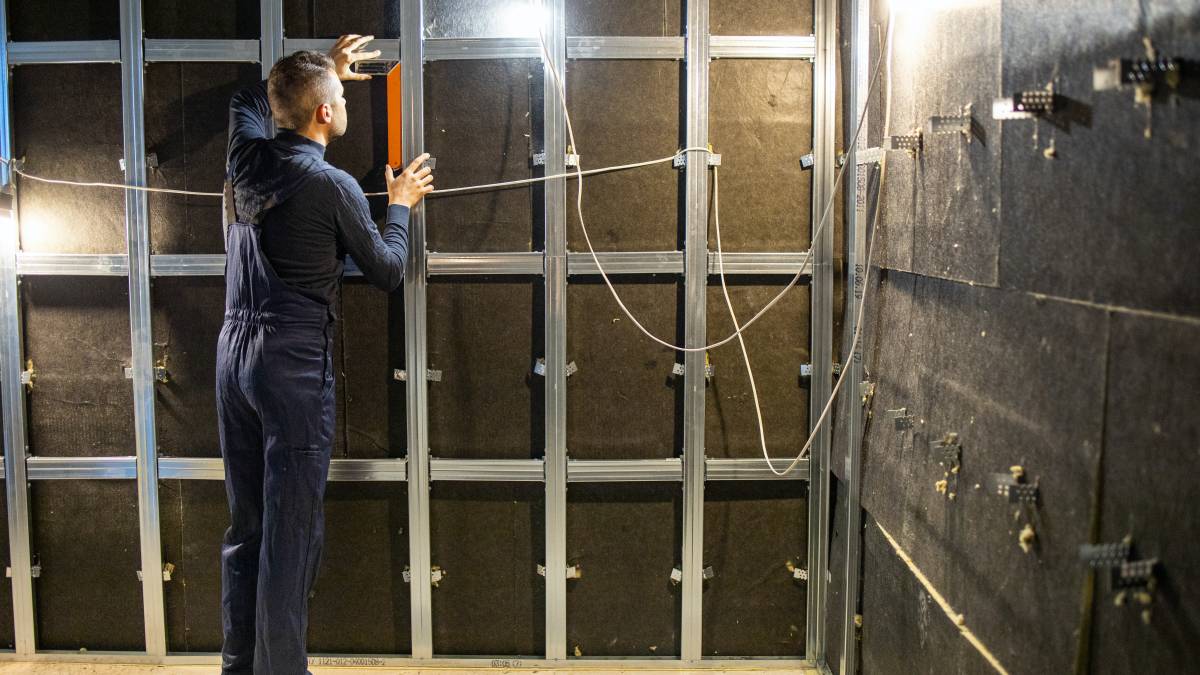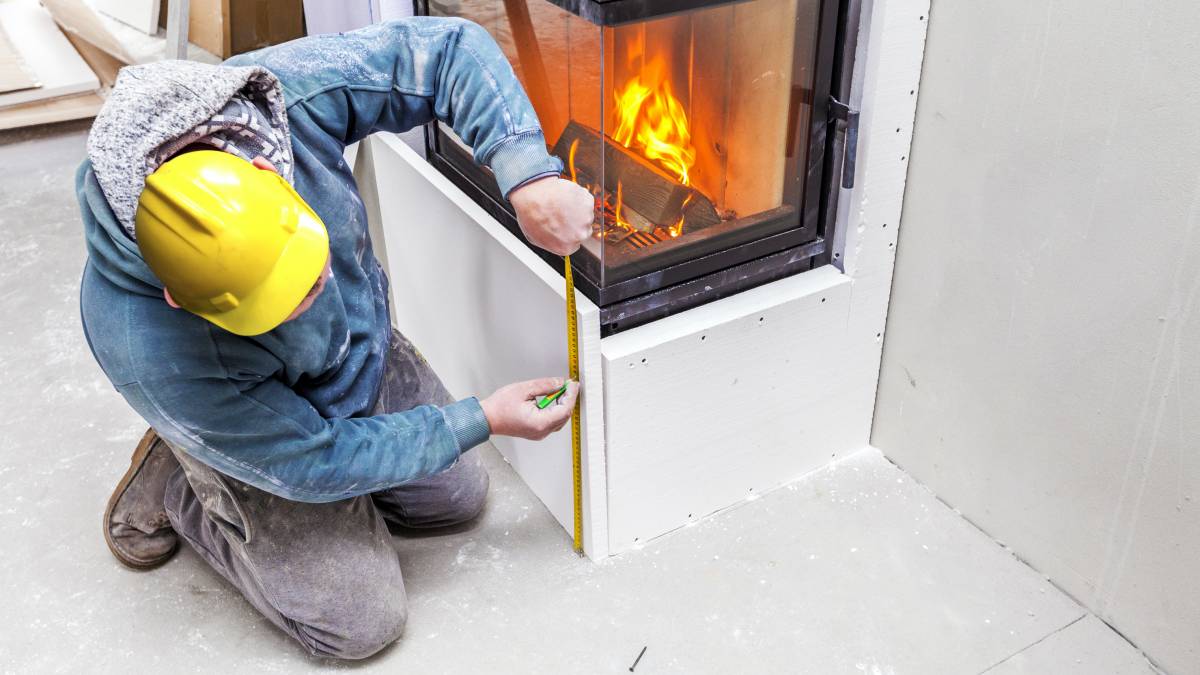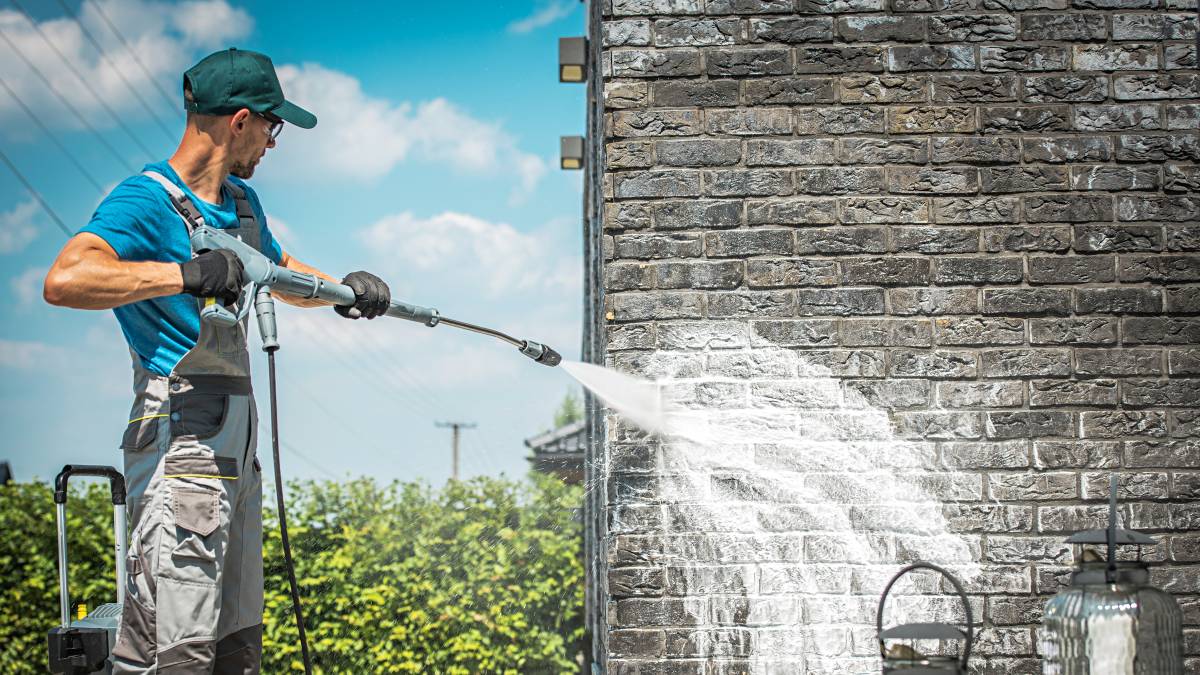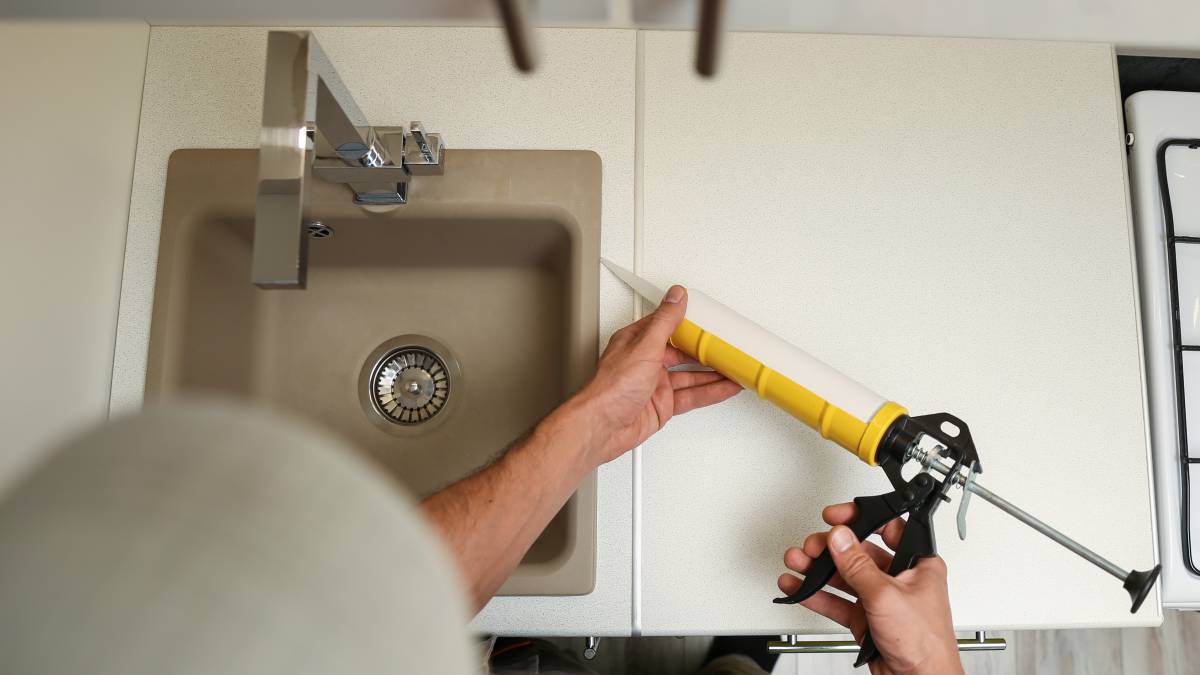
- Home/
- Comparisons/
- Handyman/
- Handyman vs Contractor
Handyman vs contractor: What are their key differences?
Comparing handymen and general contractors based on job scope, project timeline, and more
Last Updated on
Key Facts
- A handyman has experience in simple home improvement and maintenance tasks, from furniture assembly to clock repair. Although laws vary among states, handymen generally don’t need permits or licences to do their jobs.
- A general contractor handles or oversees complex jobs or large projects. They usually need a licence or permit. Most operate a small team but can subcontract other professionals, including handymen.
Does your to-do list include a bathroom remodel or a leaky faucet? You might feel stumped at whether to call a handyman or a contractor. Since both can tackle home improvement tasks, knowing their differences is tricky. However, a better understanding can prevent costly mistakes due to shoddy work.
With that in mind, this handyman vs contractor guide compares these two job titles based on their scope, project timeline, and more. You will also learn which requires licences, permits, and inspections and how to find a capable person for your needs.
What is a handyman?

A handyman is a person who usually performs general home repair and maintenance tasks, such as basic drywall repair, window and door installation, floor restoration, drain unclogging, gutter cleaning, and cabinet fitting. They don’t need permits or licences unless they are doing electrical work and advanced plumbing or the project cost reaches a specific dollar amount.
What is a general contractor?

What does a general contractor do? They focus on primary roles: (1) oversee or supervise the completion of a large or complex remodelling or construction project from start to finish and (2) act as the intermediary between homeowners and service providers who might be part of the in-house team or subcontractors. Because they manage many specialised jobs, such as building design, they must have licences, permits, and business insurance.
Handyman vs general contractor: Which is better for your needs?
Do you need handyman services, or does the project call for contractors? These factors can help you make the right choice:
In terms of job scope
Handymen are usually jacks of all trades, performing one- to two-day odd jobs such as pressure-washing garage floors, building and fixing fences, installing curtains and cots, repairing clocks and doors, and removing flaking paint. Many are also adept in carpentry, so they can tackle woodworking projects, from dog houses to chicken coops. A handyman typically works on general home improvement projects that are not classified as specialised jobs.
On the other hand, a general contractor performs and supervises complicated, big-budget, and larger projects that take a few weeks to months to complete. Their job scope or description is comprehensive. It includes developing budgets, hiring people or choosing the best subcontractors, negotiating costs, and liaising with clients. They must know building codes, engineering, marketing, and project management.
In terms of licencing
Another way to compare a general contractor vs handyman is to know their licencing requirements. In general, handymen are not required to get a licence or a certification unless under specific conditions. Their job requirements are basic, such as a high school diploma and the ability to work with hardware tools and machines. Excellent communication and organisational skills are a bonus.
For specialised jobs, such as electrical work, they might need to undergo apprenticeship training, complete a course, or get a licence. Can a handyman do plumbing work? Yes, but only simple tasks such as draining clogs or fixing sinks. In some states, such as Queensland, a licence is necessary for contract work valued at over $3,300. They can avoid getting one, regardless of the project cost, if they are employees of a contractor.
In contrast, general contractors need a licence. Although the licencing requirements vary between states, the process is often rigorous, involving exams, certifications, and proof of insurance coverage. A licensed contractor must also demonstrate relevant work experience, achieve specific academic qualifications, and know contracting laws. After all, violating the regulations can result in hefty fines. In New South Wales, for example, the maximum penalty is $22,000 for an individual and up to $110,000 for a corporation.
In terms of team size

You can also compare a handyman vs a general contractor based on team size. Most handymen work by themselves unless the project calls for a licensed professional. A good example is a bath remodel that needs upgrading of plumbing systems.
A contractor firm is usually a family-owned business or a corporation. It maintains a core in-house team of builders, electricians, plumbers, project managers, and even handymen. Depending on the job, it hires subcontractors from separate businesses, although they still take the lead and supervise the entire project.
In terms of permits and inspections
Handymen usually don’t need planning and building permits to complete small, minor, and basic home improvement jobs. This also means they can skip inspections.
Meanwhile, general contractors need permits for larger home construction or renovation projects. Their work may also require scheduled inspections by local authorities, such as environmental protection agencies.
In terms of insurance and liability
Unlike handymen, general contractors may need a business insurance policy to operate. These include:
Workers’ compensation if they have employees
Public liability to protect third-party claims due to property damage and accidental personal injury
Third-party personal injury protection if they own a motor vehicle
Others get professional indemnity insurance to cover themselves against claims of damage or loss due to negligent service or advice provided. In either case, contractors cannot renew their licences and may even face legal consequences.
Should a handyman be licensed and insured? It’s recommended, although not required. Usually, they only need general liability.
In terms of cost structure

Handymen usually charge a fixed or hourly rate (around $30 per hour). Employees could take home over $65,000.
As for contractors, they have many pricing models. One of the most popular is fixed, wherein the costs cover the entire project. Two variations are cost plus, which includes overhead expenses and profit margins, and maximum price, which sets the maximum clients can pay. Sometimes, homeowners pay only for the hours worked and materials used, while others base the fees on tasks or milestones.
In terms of project timeline
Handyman projects are more straightforward, so they require less planning and have a shorter lead time. Keep in mind, though, that an in-demand professional tackles multiple small jobs, so consider booking their services at least three days to a week before the deadline.
Conversely, contractor projects require longer lead and completion times for the following reasons:
Contractors have a multistage process; obtaining a permit alone can take at least a week, and they cannot commence building or renovating without it.
Contractors work with many people whose skills and schedules vary.
Many problems can arise during the project, causing delays.
In many places, they can only work for certain hours or days of the week.
A good firm can address these challenges by having an in-house team or building great relationships with subcontractors and suppliers or vendors. They appoint project managers, especially for complex work, and carefully track milestones to forecast problems.
Some building permits also set a required completion date. In Victoria, the permit lapses if a house isn’t finished within 24 months of issuance.
Simplify home repair and improvement with Airtasker

Building or maintaining a home is tough, especially when you lack the tools and skills to do it yourself. Airtasker is a free online platform that connects you to a skilled handyman or contractor who can do the job.
Using it easy:
Post a task. Set a timeline, location, and budget. Mention essential project details, such as the actual job and preferred materials (e.g., ‘change my 2-year-old ceramic kitchen countertops to quartz’).
Wait for offers from Taskers. Compare their ratings and read their profiles or reviews to narrow down your choices.
Hire the right person for the job.
With Airtasker, you can spend less time worrying about who should do a home repair or improvement project. Simply post a task and get quotes from qualified handymen or licensed contractors near you.
Handyman vs contractor
| Handyman |
General Contractor |
|
| Job Scope |
Completes small, basic home improvement and maintenance tasks |
Does complex jobs, including supervising construction, remodelling, and maintenance from start to finish |
| Licencing |
Doesn’t require a licence except on certain conditions as regulated by law, can apply for a licence to handle specialised jobs. |
Always requires licencing and extensive qualifications in project management, engineering, state laws, and building codes |
| Team Size |
Usually works alone |
Usually has an in-house team or subcontractors |
| Permits & Inspections |
Generally doesn’t need permits and inspections because jobs are small |
Always requires planning and building permits, as well as scheduled inspections from the state |
| Insurance & Liability |
Can get general liability and professional indemnity insurance |
Needs general liability insurance, workers’ compensation, and third-party injury protection |
| Cost Structure |
Charges fixed or hourly rates (around $30 an hour); employed handymen can earn over $65,000 annually |
Has many pricing models |
| Project Timeline |
Requires a very short lead time, completes the work in a few hours to days |
Needs longer lead and completion times, can be prone to delays |
FAQs on handymen and contractors
Hiring handymen instead of general contractors for a complex job may result in poor quality due to a lack of expertise. It also leads to safety hazards or permit violations if the project exceeds their qualifications.
Besides doing due diligence and requiring contractors or handymen to show their qualifications, you can verify their licences at their respective state building authorities.
Yes, they can be project managers because the job requires no licence or certification. However, they need at least a tertiary qualification in project management or a related field. Getting certified is also highly recommended.
General contracting is more complicated than how handymen work, especially when it involves subcontracting. The state might require them to hire those with a contractor licence, and they must collaborate on many activities. These include time scheduling, contracts and permits, payments, and quality control.
Find handymen, fast
Post a task
Related articles

How to Soundproof a Room
Read more

30 Eye-catching pantry door ideas
Read more

How to fox proof your chicken coop
Read more

How to install curtain rods
Read more

Best blue-collar jobs on Airtasker
Read more
Related price guides
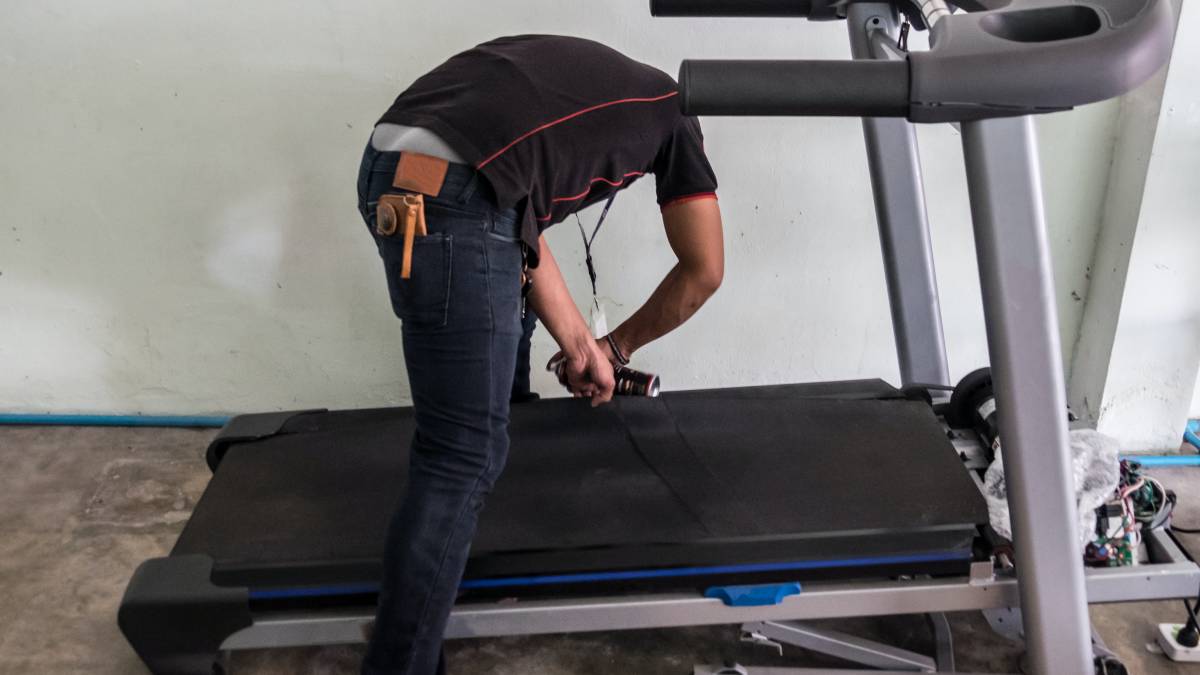
How much does treadmill repair cost?
Read more

How much does clock repair cost?
Read more

How much does hot tub repair cost?
Read more

How much do roman blinds cost?
Read more

How much does window repair cost?
Read more

How much does signage cost?
Read more




